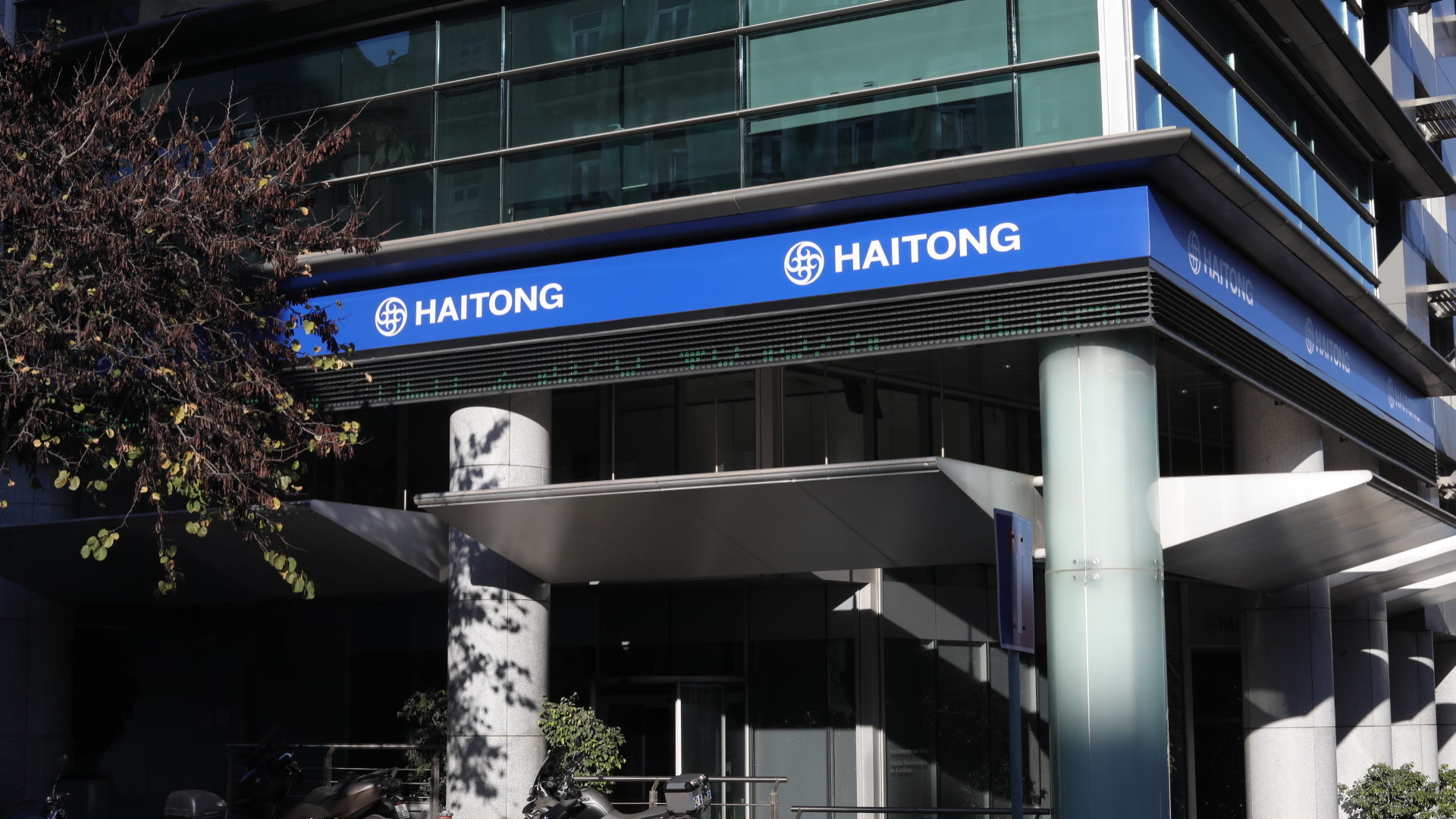The Bank of Portugal warns against a laxness in new credit
Carlos Costa fears the effects of an increase in the key interest rate. Therefore, he gives a warning to banks: they should make a better risk assessment, in order to avoid repeating past mistakes.
The Bank of Portugal (BdP) is worried about the new credit granting, warning against the risk of it being performed with laxness by the banks. This warning was made in BdP‘s June 2017 Financial Stability Report, which raises attention to the negative effects of the high private indebtedness, namely in a context where key interest rates are increasing.
“Portuguese banks remain exposed to the evolution of key interest rates […] This way, the very low interest rates continue to pressure the financial margin, harming the profitability of the banking sector“, is stated in the document.
The entity headed by Carlos Costa fears this scenario of historically minimum interests is an incentive for banks to take more chances in terms of granting credit, highlighting the need to better assess requirements.
“In an extended low interest rates’ environment, and since accounting and regulatory requirements are more demanding, there could be incentives intending to have financial institutions taking more chances”, is also stated in the report. Therefore, BdP considers it is very important that “financial institutions correctly and prospectively assess the risk associated with new credit flows, mainly because of borrowers’ credit granting ability which goes beyond the collateral given as guarantee”.
The Bank of Portugal mentions that because of the indebtedness levels of privates, “a possible increase in interest rates in the market, even if progressive, could influence the debt servicing capacity” from debtors. It is also stated that in that scenario, “the quality of Portuguese financial institutions’ credit could be harmed, especially if the country’s economic recovery is not in line with the Euro Area performance”.




